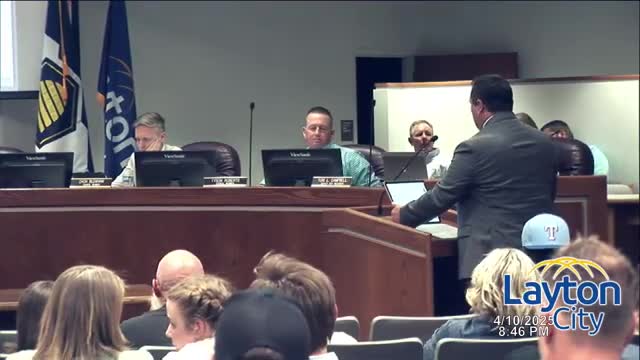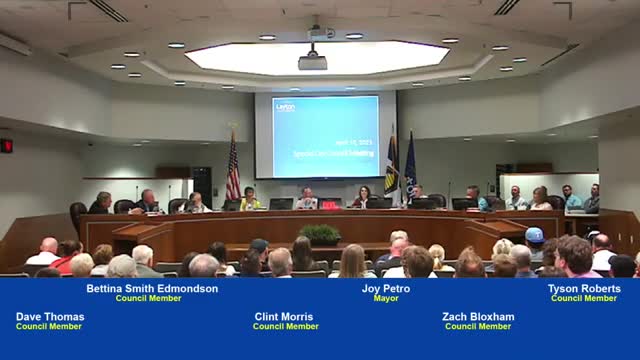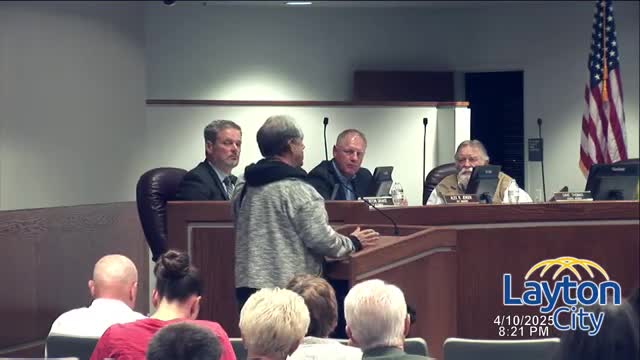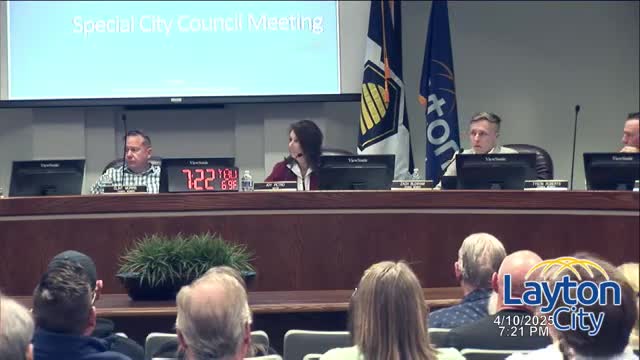Article not found
This article is no longer available. But don't worry—we've gathered other articles that discuss the same topic.

Council approves rezone, concept plan and development agreement for Davis Behavioral Health campus housing

Council approves four consent items including park irrigation realignment, street lighting bid and subdivision amendments

Neighbors press council to reject or revisit PRUD rezone for Hobbs Creek area; council tables decision to May 1 for geotechnical review

